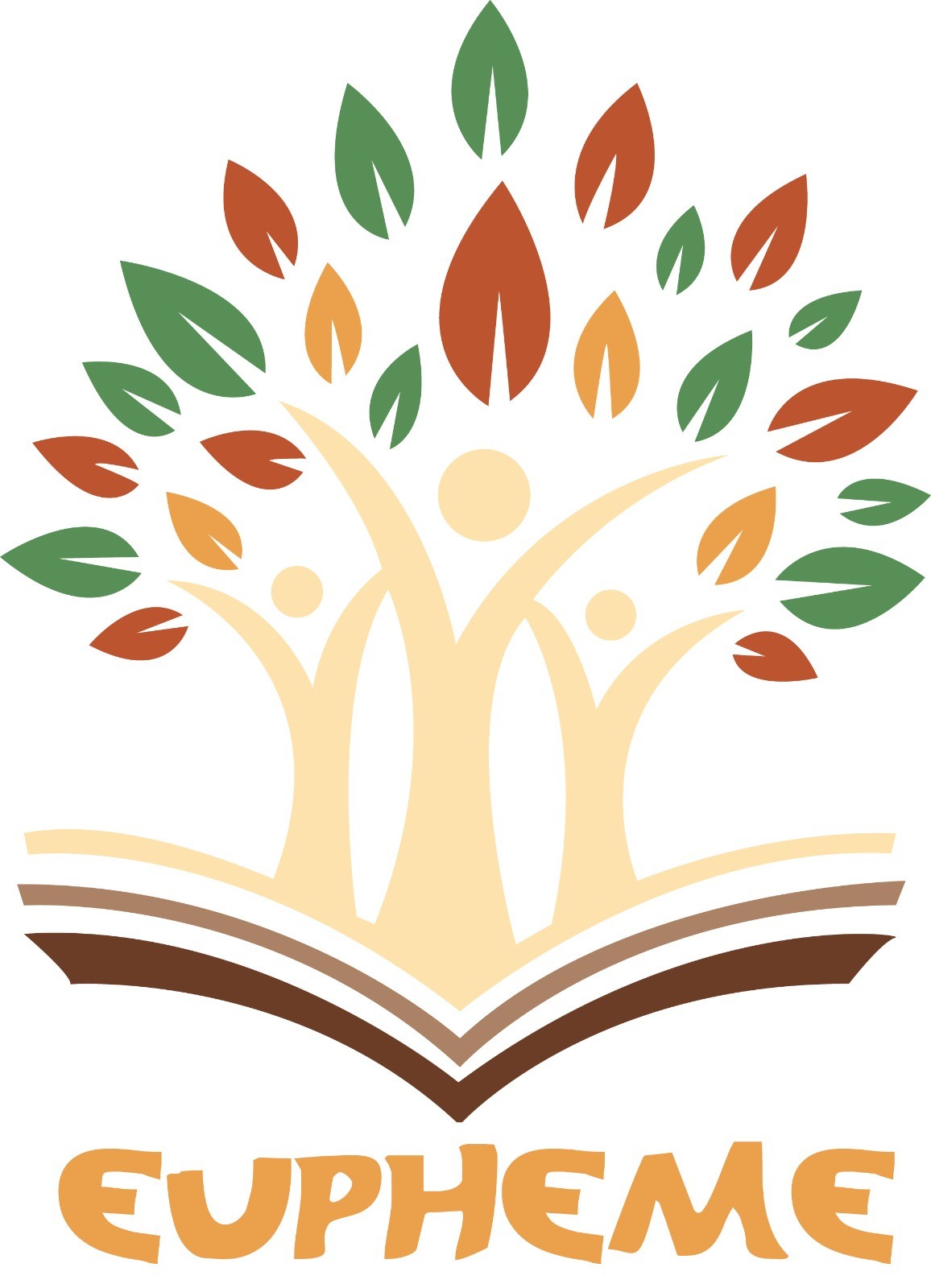VIRGINIE KREMP
Connecting books and languages, creating books in several languages, valuing the people who speak them, welcoming, recognising and respecting foreign and minority languages - these are the aims of Migrilude, the independent publishing house I set up in 2006.
I have devoted my professional life to preserving and promoting books and languages, working in libraries internationally and teaching French as a foreign language to migrants from all over the world. I see books as a meeting place for cultures and an invitation to dialogue and exchange.
In 2015, I carried out research into the perception of multilingualism in nursery schools in France and French-speaking Switzerland, and since then I have dreamt of creating a tool to mediate between migrants and the people who welcome them. I was lucky enough to bring together the Euphémé team to work on this project, which aims to promote intercultural dialogue to build a society that is more open to diversity and otherness. A utopia? Let's say it's our contribution to creating a welcoming, more open-minded, more humane world.
 EUPHEME
EUPHEME